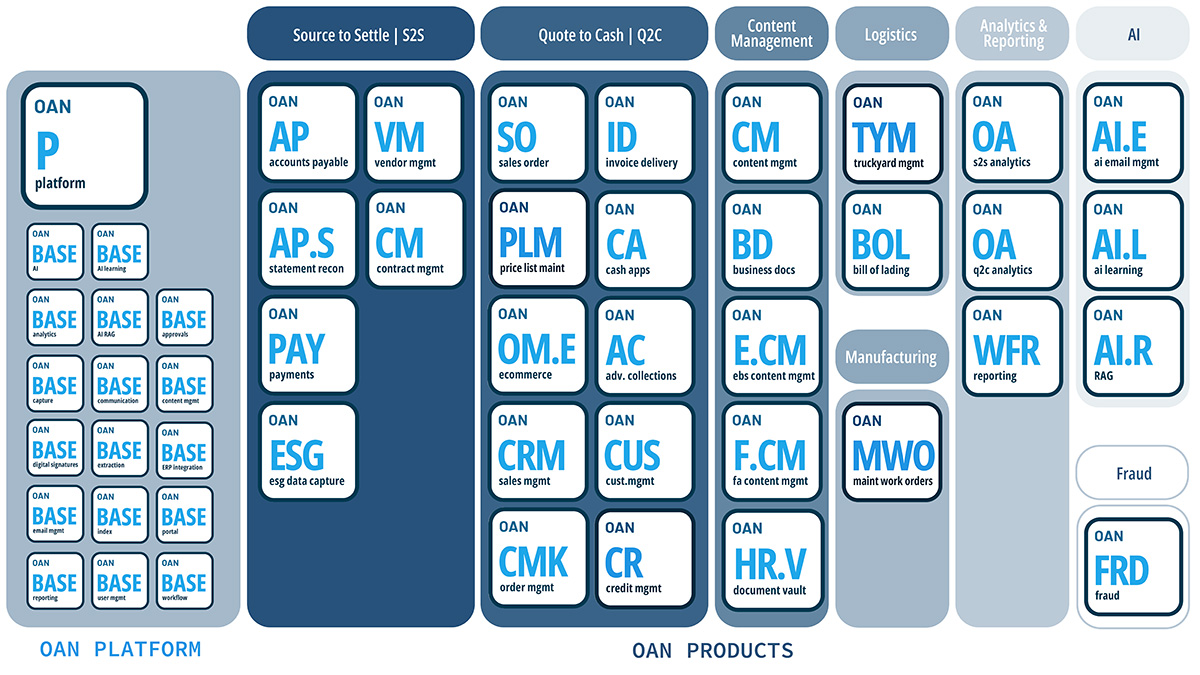Top 5 skills needed for successful vendor management
Managing vendors is as important as managing inventory in a business. As a matter of fact, both of these are closely interlinked, considering vendors are the people that help you fill out your inventory. That would be going off on a tangent, though, considering this article is going to talk about the top skills you require to be a cream-of-the-crop vendor manager.

If you are looking for a job in this field, you need to be aware of the skills that people hiring you will be trying to find in you. This article is a guide to tell you which skills you need to polish to shine brightest amongst all other candidates.
Strong verbal and written communication
Communication is the key to success. Be it communicating with the higher-ups in the business about the material that has been sourced, asking them what they need moving forward, or be it communicating with the vendor regarding the required supplies; the vendor manager needs to be adept in all these areas. They need to reprimand the vendors verbally (and in writing if need be) if they fail to comply with the standards set for them or fail to deliver good quality supplies.
The same goes for communicating with your higher-ups. There can be times when the inventory faces losses in supplies due to poor management; you need to cover that with your vendors. This is why a vendor manager needs to be adept at communication, inventory is one of the most fickle elements of a business, one of the most important too, and vendors keep your inventory running.
Negotiation
Negotiating is a part of communication too. In fact, all the other skills except the last one are a niche variation of your communication skills. There can be instances where the vendors are overpricing a material. In such a case, you need to realize that the actual price is way lower and start negotiating. Negotiating is a skill that is not often found in people; it needs certain crookedness (in a good way). It also needs a good understanding of the market and the commercial environment, which is not found in everyone either.
There can also be times when a supplier is providing you with good supplies, but his prices are exceeding your allotted budget. In such a case, you’ll need to negotiate too, either with the vendor to lower the prices a bit or your higher-ups to increase the allotted budget. Both the situations need a lot of convincing that needs to be done. It’s not an easy task by any means. However, the action of convincing brings us to our next point: Marketing skills.
Marketing Skills
Marketing skills require a great deal of convincing. However, you might be wondering how marketing is even remotely related to a job that doesn’t deal with customers. Well, imagine a scenario where you got a job in a company that has just started its production. You need to bring suppliers to your company that has just started making its name in the market; you need to market your company to the suppliers. Such are the skills required for a vendor manager to source the materials for the business.
You also need to convince the higher-ups in the business as to what vendor you need to choose. It’s your decision to make, but it should be concordant with your superior’s choices. (The statement’s contradictory, but you get a chance to explain why a certain vendor is better than the other.)
Assertiveness
You need to be assertive. If you need to convince someone, it’s rarely possible with an easygoing attitude, especially when money or any form of transaction is involved. If you need to negotiate, you need to stay on your price; if you are marketing to a vendor, you need to be sure of the decision, so on. An assertive personality is key to being able to communicate successfully with the vendors without a hitch and getting them to perform as well as they are supposed to (or even better).
Decision-making skills
Making important decisions is core to any post, not just a vendor manager. The question, however, that arises is what are the important decisions you have to make as a vendor manager? To list out a few, here are some of them:
What are the supplies that are required by the business? Is the vendor supplying the right quality of materials?
Is the amount supplied by the vendor sufficient? If not, how do you increase the number of supplies while keeping the rate the same, if not lower?
If the supplier is not responding properly, how do you approach them? Are there certain reasons that make a supplier incompatible with your business?
Such decisions greatly impact the business, so the quality of making them at a moment’s notice with prior knowledge and research is essential.

